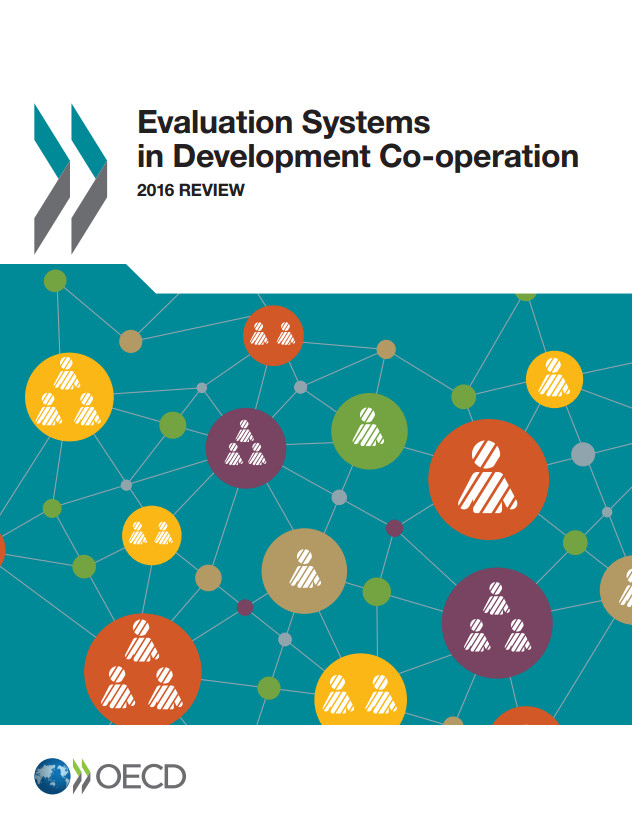Evaluation Systems in Development Co-operation: 2016 Review
 |
rapport Sep 2016 ; 248 pages
Ed. OCDE - Paris
Téléchargeable sous format: PdF
Téléchargeable chez l'éditeur
Page de présentation d'un éditeur
Abstract:
Evaluation is widely recognised as an important component for learning and improving development effectiveness. Evaluation responds to public and taxpayer demands for credible information and independent assessment of development co-operation activities.
The purpose of this review is to provide information to assist development organisations in building effective evaluation systems and processes to deliver high quality, credible and useful evaluations. It provides information about evaluation systems in development agencies and multilateral organisations, and analyses experiences from managing evaluation systems across organisations. The study covers the evaluation systems of the 37 members of the DAC Network on Development Evaluation (EvalNet) and 9 multilateral organisations (six development banks, the European Commission, the IMF and the UNDP).
The study analyses experiences from managing evaluation systems across organisations. It identifies features of evaluation systems, and highlights some of the advantages and limitations of these in the context of various organisational structures and evaluation systems. In addition, the review identifies overall trends in evaluation systems, relating them to the review of evaluation systems performed in 2010 (OECD, 2010). Contents:
Part I: Evaluation systems in development co-operation
Chapter 1: Overview of the 2016 Review of Evaluation Systems in Development Co-operation
Chapter 2: Evaluation systems and governance.
Chapter 3: Evaluation processes
Part II: Profiles of members of the DAC Network on Development Evaluation
Mot clef: |
Editeur/Diffuseur: |
|
OCDE
-
Organisation de Coopération et de Développement Economique - Paris |
En cas de lien brisé, nous le mentionner à communication@pseau.org